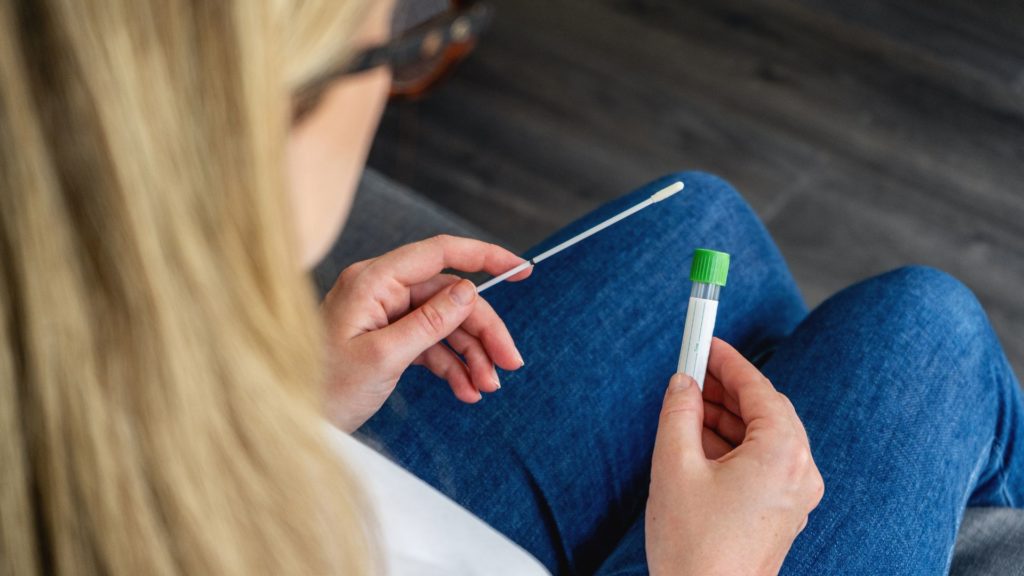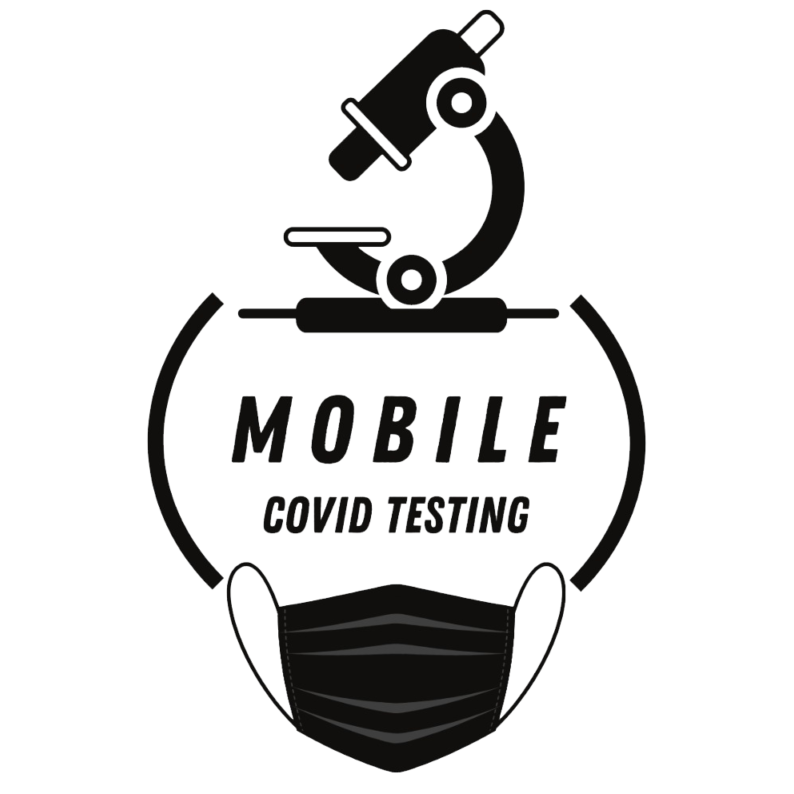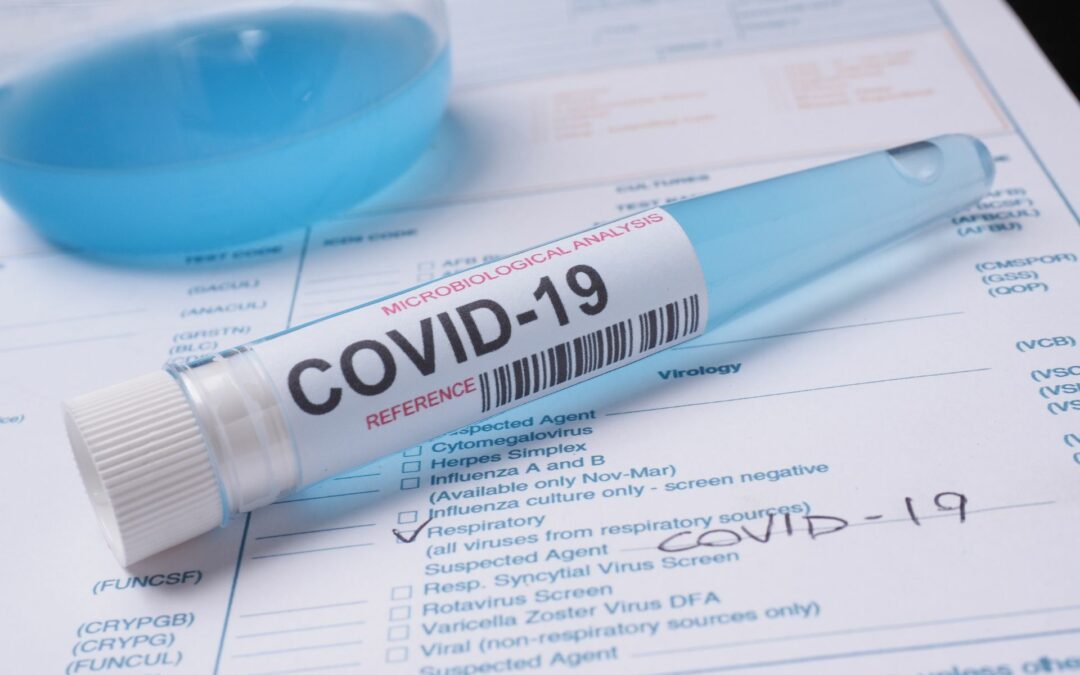The pandemic has affected how we live our lives. Now, things like traveling, attending family gatherings, and hosting events have become more complicated. Are you wondering how you can keep yourself and the others around you safe while still returning to a normal routine? Well, one of the best things you can do is take a COVID test before attending gatherings or visiting different states and countries.
Polymerase Chain Reaction vs. Rapid Antigen Tests
There is more than one type of COVID test. The two most common are polymerase chain reaction (PCR) tests and rapid antigen tests. So what’s the deal? What’s the difference between PCR vs. rapid antigen COVID tests?
PCR Tests
PCR tests are considered to be the gold standard of COVID testing, according to the CDC. These tests use a mix of enzymes and chemicals to search for the genetic material of a virus. If there are any specimens of a virus within the sample you gave from your mouth or nose, the PCR test will then make millions of copies to make their presence easier to detect. When there is enough genetic material for the test to sense, a chemical starts to glow, indicating a positive result.
Highly sensitive, PCR tests can detect even trace amounts of the COVID-19 virus in a sample. In fact, these tests are so sensitive that they can detect fragments of the virus once you’re already past the contagious stage. You might think this is a good thing, but the sensitivity of PCR tests can actually be an annoyance. Imagine having to isolate yourself despite not being able to transmit the virus anymore! If you do not have any symptoms and test positive for a PCR test, it’s always best to talk with your healthcare provider to ensure you did not get a false positive.

Rapid Antigen Tests
Rapid antigen tests are quicker and easier than PCR tests. You can get results in 12 minutes or less. These tests are also very convenient because you can get them at a mobile testing center without leaving your home or purchase a self-test kit, which is an extra perk. That being said, while antigen tests are quick and easy, they are less sensitive than PCR tests. That means the chance of getting a false negative is much higher. You should only use antigen tests if you’re already displaying symptoms and you’re already vaccinated. If you’re unvaccinated and asymptomatic, opt for a PCR test. You should also avoid rapid tests if you’re traveling internationally, regardless of vaccination status.
When to Get Tested
You should get tested before traveling, whether your destination is in the US or on another continent; it’s also important to get a second test when you return to ensure you didn’t catch COVID while enjoying your vacation or business trip. Additionally, you should get tested before attending large events such as family gatherings, weddings, and concerts. It’s important to do your part and stop the spread of COVID-19. Taking tests is a great way to protect not only yourself but others around you as well. While we understand you’re eager to spread the love and spend time with your friends and family, you want to make sure you’re not unwittingly spreading sickness alongside it.
Contact Mobile COVID Testing Today!
We hope we’ve helped you learn the difference between PCR vs. rapid antigen COVID tests so you know the best way to keep yourself and those around you safe. When you’re ready to take a test, we’re here for you. Our team at Mobile COVID Testing will travel to any location in Los Angeles, including your home. Do your part to prevent the spread of COVID-19. Schedule your PCR or antigen test today!

